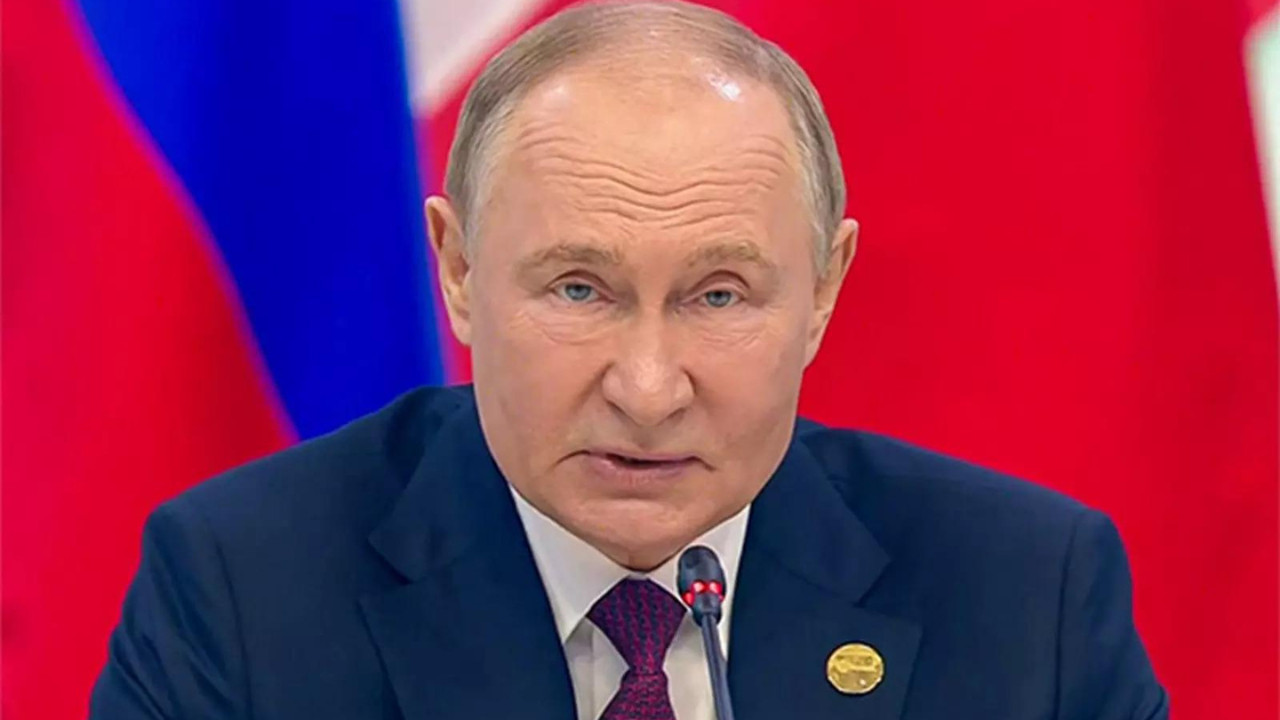JSW Paints will acquire a 74.76% stake in Akzo Nobel India (ANIL) from Akzo Nobel NV for up to Rs 8,986 crores. The deal, pending regulatory approval and a tender offer, brings brands like Dulux into the JSW fold. JSW aims to build the next-generation paint company, leveraging ANIL’s strong market position.
JSW Paints: Painting a Brighter Future with Akzo Nobel India Acquisition
The Indian paint industry just witnessed a seismic shift. JSW Paints, a relative newcomer backed by the steel giant JSW Group, is poised to acquire Akzo Nobel India’s land and building in Haryana for a cool ₹898.6 crore. That’s not pocket change; it’s a bold move signaling JSW’s intent to become a major player in the decorative paints market. But what does this mean for consumers, the industry, and JSW Paints itself?
Why This Acquisition Matters
For years, the Indian paints market has been dominated by a few established giants. Asian Paints, Berger Paints, and, yes, Akzo Nobel India have carved out significant market share. JSW Paints entered the scene with the ambition to disrupt this status quo. While they’ve made impressive strides, organically building a manufacturing base from scratch is a slow process.
Acquiring Akzo Nobel India’s existing land and infrastructure shortcuts that process considerably. This provides JSW Paints with a ready-made, strategically located manufacturing base, accelerating their production capacity and potentially streamlining their supply chain. Think of it as finding a fully equipped artist’s studio instead of starting with a blank canvas.
What’s in it for JSW Paints?
This deal hands JSW Paints a significant advantage in several key areas. First, geographical reach. Having a facility in Haryana enhances their distribution network, allowing them to cater more efficiently to the northern and western Indian markets. This is crucial in a country as vast and diverse as India, where logistics can be a major bottleneck.
Second, time to market. Setting up a new manufacturing plant involves lengthy regulatory approvals, construction delays, and commissioning processes. Acquiring an existing, functional facility significantly reduces the time it takes for JSW Paints to ramp up production and introduce new products. Imagine skipping the construction crew and getting straight to the painting.

Is This a Good Deal?
₹898.6 crore is a substantial investment, no doubt. However, the long-term benefits for JSW Paints appear compelling. The acquisition provides a tangible asset that can contribute to enhanced manufacturing capacity and improved market penetration. It’s a strategic investment designed to yield substantial returns over time. The ready-made infrastructure and strategic location contribute to the overall value, allowing for a quicker return on investment compared to building from the ground up.
Furthermore, this move sends a clear message to the market: JSW Paints is serious about its ambition to become a leading player in the Indian paints industry. It’s a display of financial strength and strategic foresight that could attract further investment and partnerships.
What’s Next for the Indian Paints Market?
JSW Paints’ acquisition will likely trigger a ripple effect across the industry. Expect increased competition among existing players, as they react to JSW’s strengthened position. This could lead to more aggressive pricing strategies, innovative product offerings, and enhanced customer service as companies vie for market share.
Consumers stand to benefit from this increased competition. They can anticipate a wider range of paint options, potentially lower prices, and improved product quality as companies strive to differentiate themselves. It’s a win-win situation.
Will this lead to further consolidation in the Indian paints market? Possibly. Smaller players may find it increasingly difficult to compete with the deep pockets and established networks of the larger companies. We might see more acquisitions and mergers as companies seek to gain economies of scale and market share. Related content on the JSW Group’s other ventures can be found [here](internal-link-to-jsw-steel-blog).
Painting a Clear Picture of the Future
The acquisition of Akzo Nobel India’s land and building marks a pivotal moment for JSW Paints. It’s more than just a real estate transaction; it’s a strategic move that accelerates their growth trajectory and positions them as a formidable competitor in the Indian paints market. Whether they are poised to become the leader in decorative paints market remains to be seen, but JSW Paints’ bold stroke is certainly adding new color to the industry landscape.







